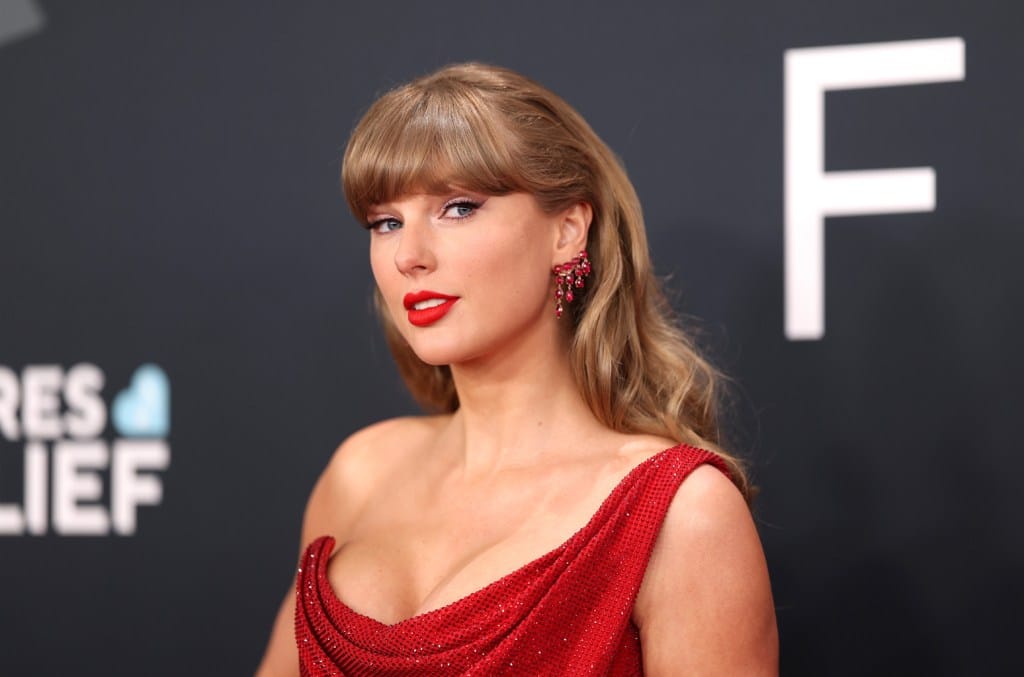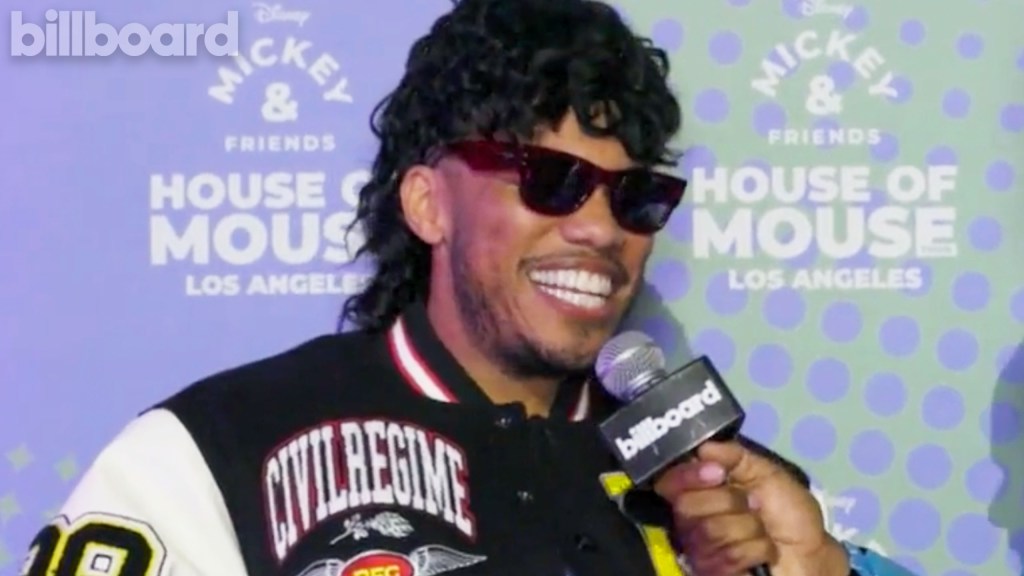Taylor Swift Owns Two Versions of Four Albums. Now What?
Written by djfrosty on June 6, 2025

If owning two versions of four of her Big Machine albums presents a challenge to Taylor Swift, it’s a great problem to have. Then again, it might not be a problem at all.
At first blush, it might seem that Taylor Swift’s decision to purchase her Big Machine master recordings presents her with a difficult decision. Does she emphasize the original versions or the high-profile re-recordings that many fans have purchased and streamed? Then again, Swift isn’t necessarily forced to choose between the two versions of her catalog. Conversations with multiple music industry veterans revealed there are many options for monetizing the Big Machine releases and getting the most out of her investment.
Swift’s immensely successful re-recordings, given the name “Taylor’s Version,” have amassed 15.8 million track equivalent albums (TEAs) in the U.S. so far, according to Luminate. But despite driving her fans to those re-recordings, the four Big Machine versions have continued to perform well. Year to date, the original versions of Fearless, Speak Now, Red and 1989 have a total of 331,000 track equivalent albums in the U.S. — about 40% as much as the re-recorded albums.
Trending on Billboard
When Shamrock owned the Big Machine masters, Swift effectively had veto power over requests for synch licenses. If a music supervisor wanted a track from one of her Big Machine albums, Swift, who is either the sole songwriter or a co-writer on every track, could refuse to grant permission for the publishing rights. And she announced her intention to do just that in an interview with Billboard after Ithaca bought her catalog in its 2019 Big Machine acquisition, saying she would license her music for movies and commercials only if she owned the master rights. That’s why a 2020 Match.com ad used a re-recording of “Love Story,” not the Big Machine original.
Owning the Big Machine masters opens the door for more synch licenses. Whether the music supervisor wants the original or the re-recording, Swift, as the sole owner of both versions, has a financial incentive to put her songs in ads, films, TV shows and movie trailers, says Bryan Calhoun, a marketing consultant. “I would say, ‘Hey, let’s go crazy. I own this stuff. Let’s go hard.’ And I would have some people dedicated to really being aggressive about going and getting licenses.”
Owning her Big Machine catalog will also create more synch opportunities because some directors and music supervisors will want Swift’s original versions. Michael Hausman, manager of Aimee Mann and ‘Til Tuesday, says Mann re-recorded her song “Wise Up” to keep 100% of the revenue. “It worked out well,” he says. “Most people probably could never tell the difference.” But some music supervisors “just don’t like the idea of a re-record and they want the original,” he adds, “even if there’s no difference” between the two.
Swift’s most fervent fans supported her re-recordings and, in some cases, showed solidarity in her feud with Scooter Braun, whose Ithaca Holdings acquired Big Machine, by avoiding the Big Machine originals. Her four Taylor’s Version re-recorded albums, stuffed with additional material and released in multiple variations, have sold a combined 6 million units to date in the U.S. across digital download and physical formats, according to Luminate. Sales and streaming executive Adam Abramson believes that Swift would similarly find a welcome response to reissues of the original albums.
“While the Swifties were happy to accept the re-records at that time so that they did not have to buy or stream the original, ‘problematic’ versions, I think most will be thrilled to be able to listen to the original albums as they were recorded at those respective points in Taylor’s life,” says Abramson.
Album reissues tend to coincide with anniversaries, and owning her Big Machine catalog gives Swift the opportunity to celebrate her original albums’ 20th anniversaries. Her self-titled Big Machine debut — which was not re-recorded — will turn 20 next year, followed by Fearless in 2028, Speak Now in 2030, Red in 2032 and 1989 in 2034. That gives Swift eight years to repackage her first five Big Machine albums. And considering how well her four re-recorded albums sold, it’s reasonable to think Big Machine anniversary editions could see a similarly strong response from fans.
Owning two versions also gives Swift additional streaming revenue. While Swift has pushed her re-recordings, the Big Machine versions had the benefit of inertia. The four original Big Machine albums have accumulated 406 million on-demand streams in the U.S. in 2025. That’s about two-fifths of the streams from the re-recorded albums, but that many streams — worth 293,000 TEAs — will generate well over $2 million in annual royalties in the U.S. alone.
News of the Swift purchase is an opportunity for digital service platforms (DSPs) to take advantage of fans’ interest, says Adamson. “I would not be surprised, and have already started to see, the DSPs highlighting her newly owned catalog again.” Indeed, on Wednesday (June 3), just four days after Swift announced the acquisition, Apple Music took to Instagram to encourage subscribers to delve into Swift’s entire catalog.
There’s also the lesson of Garth Brooks, who bought his Capitol Records masters in 2005 and took them off streaming and download stores. Brooks tightly controlled the availability of his catalog, first licensing the recordings to Walmart in 2005, then to Amazon in 2017. Brooks has also made deals with select retailers — Bass Pro Shops, Cabela’s, Dollar General — to sell his box sets. Downloads of his music were also made available at GhostTunes, an online music store launched by Brooks in 2014. Brooks could do whatever he wanted because he owned the masters.
Swift could take the Brooks route and do exclusive deals with digital and e-commerce platforms. But it seems more likely that she will capitalize on her unique ability to motivate consumers and maximize her catalog’s availability across all sales and streaming channels. Swift can arguably squeeze more out of her catalog than any one DSP or e-commerce platform, and she’ll do more with it than an investor like Shamrock. “It’s more valuable in her hands than in somebody else’s hands,” says Calhoun.

 State Champ Radio
State Champ Radio 





